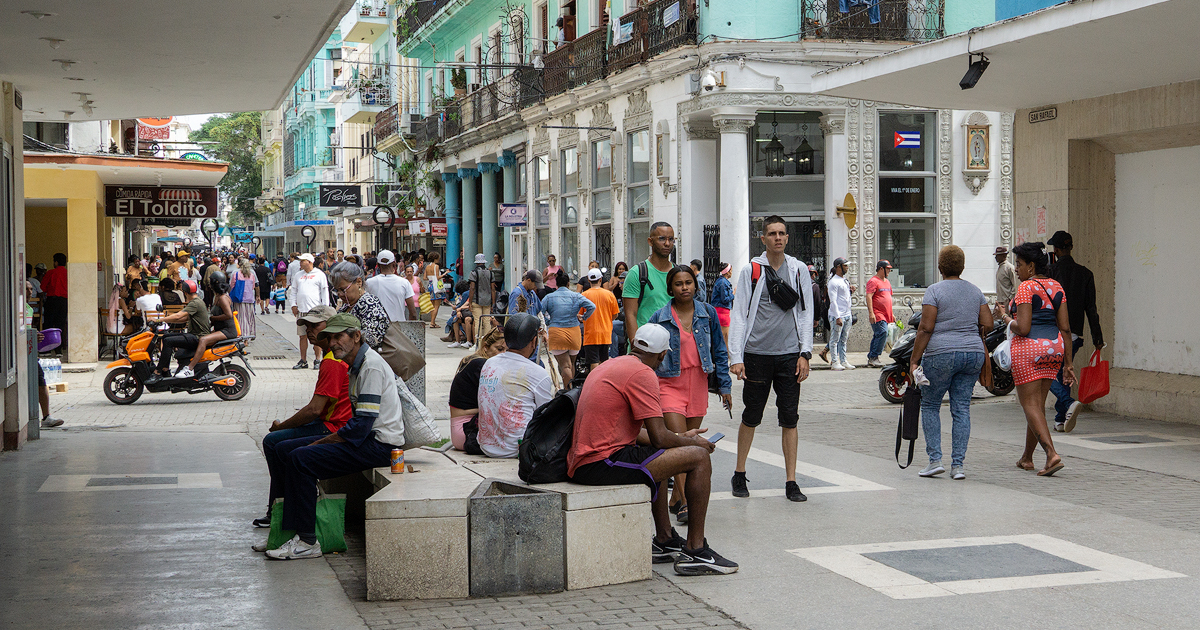
With a sample of over 10,000 people, the independent pollster Cubadata revealed that only three percent of the surveyed residents in Cuba consider themselves staunchly socialist, while 85.9% yearn for a shift towards a more open model.
Although previewed by Diario de Cuba, the survey data will be made public in the coming July and are the result of the panel "Exploring possible futures," which gathers the information obtained from six surveys conducted between September 2023 and February 2024.
This state of opinion is a consequence of the economic, political, and social situation prevailing in the country, marked by a systemic crisis that has forced the development of high levels of resilience, as stated by 73.4% of the participants in the studies.
Of those surveyed, 46% maintain a certain level of autonomy, while 67% have been forced to "make do" to survive. 77.1% have changed their life project, 64.3% have experienced a transformation of their personal values, 78.8% consider revolutionary principles irrelevant, and 79% see socialism in Cuba as a declining system.
The study, as reported by the independent newspaper, indicates that a pessimistic view of Cuba's future persists (53.8%). 11.2% see themselves as "reformist socialists"; 14.2% as "centrist and neutral"; 21.7% as "liberal or pro-market"; 16% identify with "another ideology", and 33.9% do not identify with any.
For most people, it is necessary to make profound changes to the regime and government, including the establishment of a multi-party system with a more active role and leadership from civil society, while also requiring to enhance the leadership of youth around political and social reforms.
As the study progressed, a decrease in trust and satisfaction with the government was evident, while the perception of the respondents regarding the State's violent response decreased by a slight 2%, probably due to strategies in the regime's discourse in the face of the protests that have continued to occur after 11J.
Precisely, the regime has acknowledged the people's discontent and put forth economic arguments regarding the protests, while also suggesting a return to Marxist political economy to find solutions, as defended by the ruler Miguel Díaz-Canel.
On its web platform, Cubadata explains that its project "emerged near the 38th parallel, in South Korea, during a conference on how to obtain and contribute information and statistics in closed societies."
Due to restrictions and censorship by official institutions, as well as control over internet content and email, their goal is to conduct independent population studies in Cuba, where there is no consultancy unaffiliated with the Government.
What do you think?
COMMENTFiled under: